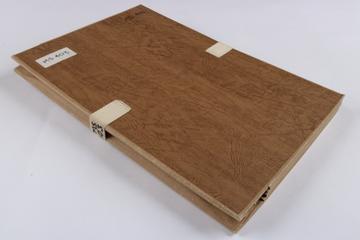
Ball, John 1872 - 1941
- Nationality:
- English; British
(1872-1941) Engineer
John Ball, born in Derby in 1872, apprenticed at the Phoenix Foundry at the age of 14. hat town. He soon became a skilled draughtsman and was employed on the drawings for Battersea Bridge, the Liverpool Overhead Railway, and other large projects of his firm. Having gained a National Scholarship, he entered the School of Mines, carried off most of the prizes, and was awarded the first Whitworth Scholarship of his year, which enabled him to complete his technical education at the School of Mines in Freiberg, and at the University of Zurich, where he took his Doctor's degree. On his vacations he worked in lead mines in the Isle of Man and at other mines in Germany and in Spain. With these varied technical qualifications "he was in 1897 recommended for employment in the recently formed Geological Survey of Egypt, directed by Captain H. G. Lyons.
In Egypt his work at first lay in studying and so far, as possible mapping the geology of the desert near the Nile Valley, before working on the Aswan Dam. Among John Ball's most important contributions to the science of topographical surveying were his use of the slide rule, which he reckoned third in importance to the theodolite and the plane-table, his method of fixing points of detail by triangulation from the ends of a short base.
Ball's career brought him to places such as Somaliland, Arabia and Iraq. He published many papers a book of his works. The Geological Survey, to which Ball was appointed in 1897, had soon after been merged in the larger Survey Department, and when a special section of that Department for desert surveys was created in 1919, Ball was made its Director. In 1932 he retired from administrative work and was appointed Technical Counsellor to the Survey Department. He had received the Society's Victoria Medal in 1926 for his desert surveys and memoirs on the geography of Egypt. He had been continuously at work in failing health since the outbreak of war in 1939 and died at Port Said on the 10th July 1941.